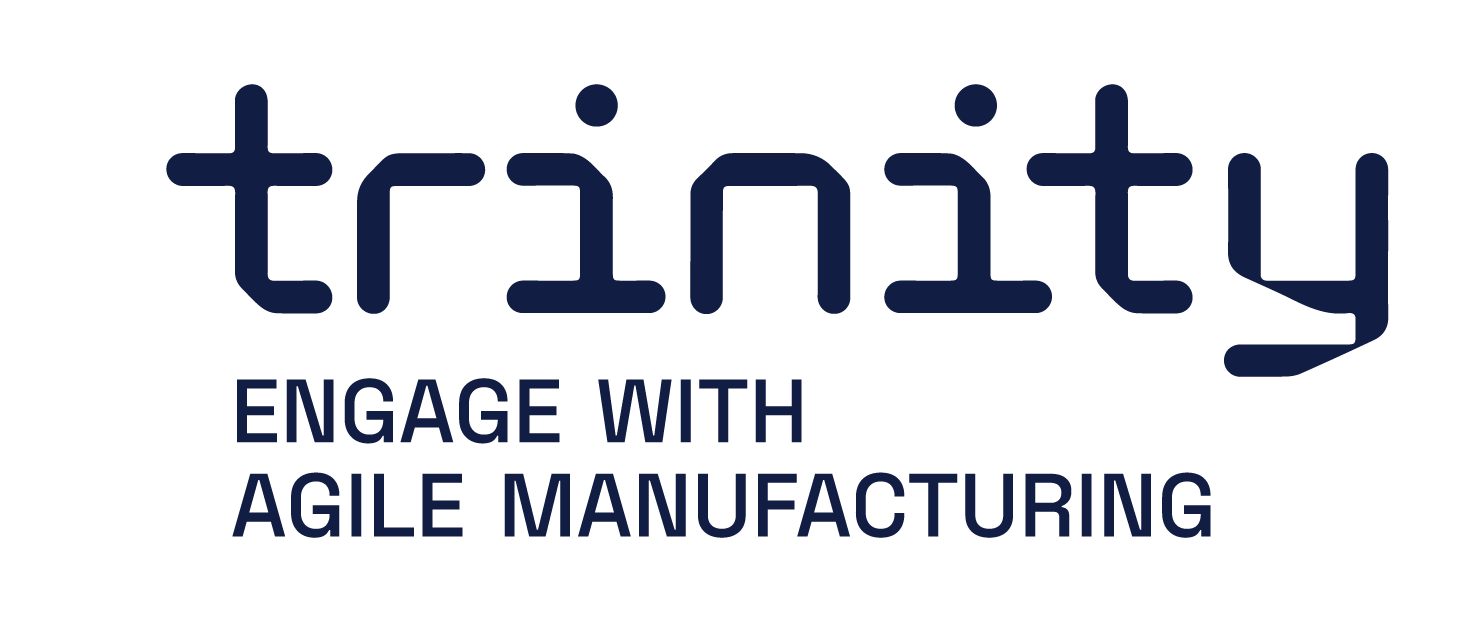Dynamic Task Planning & work re-organization Module
Main functionalities
Current the designing process is a manual operation which requires some time to be applied when needed by the designers. Applying a change into an existing production line including human operators and robot resources is a time-consuming process performed by a big sized design team. This module suggests a multi-level decision making framework targeting on the dynamic work balancing among the human operators and robot resources. An intelligent decision-making framework for task allocation to the available resources in the production line, motion planning of robot tasks and criteria estimation is implemented. This will minimize the time needed for the evaluation of different task plan alternatives. The task planning algorithm takes under account the suitability and the availability of the different resources during task plans generation phase. Each task plan generated by the intelligent scheduler can be visualized in the ROS Gazebo simulator. This simulation mechanism supports both human and robotic tasks execution.
Technical specifications
The hardware infrastructure of this module is a high performance PC with an OS compatible with ROS, Java, SQL and Gazebo simulator. The core decision making that facilitates the cognitive aspects of the line level work re-organization is the Dynamic Task Planner. In parallel with the implementation of the search-based algorithm for multiple alternative generation, multi-criteria decision-making mechanisms have been integrated for evaluating the multiple generated alternatives based on user defined criteria. The dynamic task planner module is triggered to plan and allocate the required tasks to the existing resources. The activation of the Task Planner may be outcome either of human input / request through the developed UI or any other unexpected event such as resource breakdown. The proposed task planner module is based on the information of each task saved in the database. The intelligent scheduler generate several task plans which can either sent or not to the simulation mechanism for validation. This simulation mechanism is also used for the calculation of the different evaluation data. Information about the time duration of each task executed and the distance covered from each resource during the execution of each task is exported through the simulation mechanism and is stored in the database for future usage. The proposed module consists of custom C++ and Java codes using ROSJava libraries for the communication of the task planning database and the intelligent scheduler with the ROS nodes of the simulation mechanism.
Inputs and outputs
Input:
The input for the decision-making framework includes:
Resources,
Tasks,
Task-resource suitability,
Task precedence constraints,
Duration of tasks
Time of starting and completing a task.
Output:
List of operations assigned to resources.
Templates of robot actions for the operations assigned to robots.
Visualization of the most suitable task planning alternative through the simulation mechanism.
Formats and standards
C++, XML, JSON, Web standards, CAD models
Owner (organization)
LMS – University of Patras
Trainings
To learn more about the solution, click on the link below to access the training on the Moodle platform
Dynamic task planning & work re-organization
